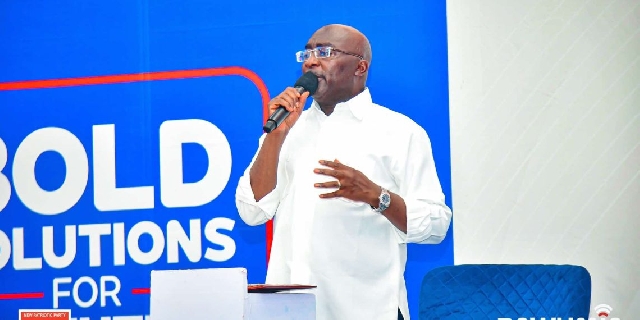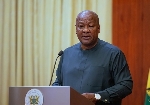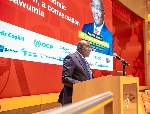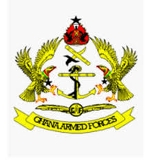Bawumia’s ‘1 region, 1 duty-free zone’ policy sparks debate over existing Free Zones Act
 Dr Bawumia on his campaign trail in Ashanti Region
Dr Bawumia on his campaign trail in Ashanti Region
A statement by Vice President Dr. Mahamudu Bawumia on plans to make every regional capital in Ghana a duty-free zone if elected President has ignited debate, with critics arguing that the initiative already exists under current law.
Dr. Bawumia, speaking on his campaign trail, promised that the policy would ease the cost of doing business and support entrepreneurs.
However, policy analyst and Founding President of the UP Tradition Institute, Dr. Razak Kojo Opoku, has challenged the originality of the proposal.
According to Dr. Opoku, Ghana already operates several duty-free areas under the Ghana Free Zones Act, 1995 (Act 504). The Act established the Ghana Free Zones Authority (GFZA) to oversee the creation of free zones and export processing areas across the country.
“Claims that Ghana has only one duty-free zone in Tema are misleading.
Under Act 504, multiple free zones exist across the country,” Dr. Opoku stated.
Among the listed duty-free and export processing zones are the Ashanti Technology Park, Sekondi Export Processing Zone, Shama Export Processing Zone, and the Tema Free Zone.
In addition, other ongoing special economic zone projects include the Greater Kumasi Industrial City Project, Builsa Agro-Processing Park, West Park at Shama, and the Savelugu Industrial Park.
The Ghana Free Zones programme is structured around three categories:
Industrial Free Zones, which facilitate the importation of raw materials for manufacturing products for export.
Commercial Free Zones, which allow for the handling and re-processing of imported goods for re-export.
Service Free Zones, which provide specialised services to free zone enterprises.
Dr. Opoku stressed that while duty-free facilities may be useful, business leaders in Ghana are more concerned with broader economic issues such as exchange rate stability, inflation control, and interest rate management.
“What is seriously paramount to the businesspersons and the general business community is management of the exchange rate, inflation, and the policy rate—which drives loan interest rates at the banks—not necessarily duty-free zones in each region,” he said.
He further advised Dr. Bawumia to establish what he described as a “semi-permeable team of elders and researchers” to vet and validate campaign promises before they are announced, in order to avoid “unnecessary backlash or attacks.”
Source: classfmonline.com/Cecil Mensah
Trending News

Nana B slams court ruling on Abronye’s remand as ‘assault on justice’
04:21
President Mahama reaffirms commitment to vast economic opportunities for youth
00:26
Embattled NSA Director-General hands over to Ruth Seddoh as Acting D-G
14:27
Dr. Razak Kojo Opoku questions Bawumia-led EMT over Ashanti Region's stalled projects
15:15
BECE 2025: GES to investigate 'alleged malpractices' in news documentary
18:02
Flooding on Nsawam–Pokuase highway leaves commuters stranded after heavy rains
04:13
Ghana’s economy expands by 6.3% in second quarter of 2025
19:47
Asanko Gold tragedy: GAF narrates incident which resulted in Manso Aboabo assemblyman's death, begins investigations
16:46
Former Tamale Mayor sues NPP activist for defamation, seeks GHS 1 million in damages
14:04
NPA sets up committees to drive EV charging and battery-swapping framework
13:42



